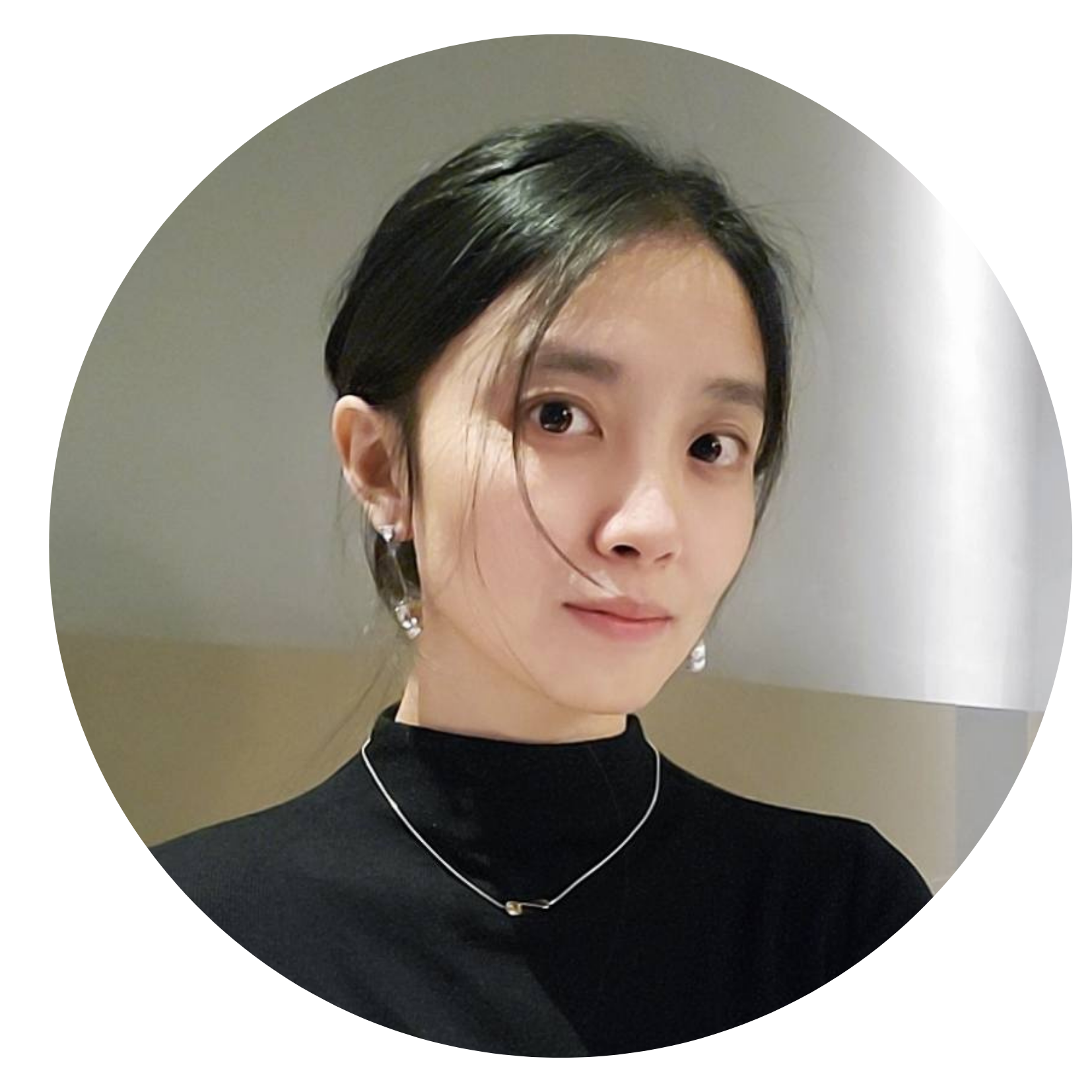
在伴侶關係中,別把依賴當作親密
2025 Mar 05 伴侶關係
我喜歡伴侶關係中 「支持 > 依賴」,這兩種關係本質上的不同,會大大影響關係的品質。
支持與依賴的區別
▪️ 支持
「我支持你」是「你喜歡你開心比較重要」,重點在「你」,即便你喜歡的而我卻不喜歡,好像也還可以接受,因為重點是你開心。
▪️依賴
「我依賴你」是「我想要從你這邊得到什麼」,重點在「我」,我想要什麼很重要,若你不符合我的需求,沒有給我安全感、物質、情緒照顧...等,(戲劇上演)這就是你不夠愛我的證明,嗚嗚嗚.........。甚至可能會認為滿足自己的需求是伴侶的責任,於是兩人進入埋怨或衝突的狀態。
這樣的差異,決定了一段關係是自由、流動且健康的,還是充滿控制、壓力與情感勒索。
依賴不等於親密
我覺得伴侶關係中容易有個誤解是,把「依賴對方」當作是「親密」的表現。認為只有在關係中相互依存,才能證明彼此的重要性。
不,我覺得這是兩件事。
親密是可以發生在獨立自主的兩人身上,既親密又單獨,對我來說這是很美的關係。
簡單來說,我認為真正的親密並不是建立在依賴之上,而是來自於兩個獨立個體之間的選擇與連結。
當彼此都能照顧好自己,並願意分享內心的感受、支持對方的成長,而不是將自己的幸福寄託在對方身上,這樣的關係才更穩固且具有長久的生命力。
美好的伴侶關係,是在彼此的獨立中,仍然選擇陪伴與支持,一起走一段人生路。
依賴與「成就感」的迷思
在伴侶關係中,還有一種我覺得不可思議的事,就是認為「被依賴」是一種「成就」,因為我很行,所以對方才會依賴我。那可合理推測你身邊應該繞著很多比你弱的人....你若覺得跟他們相處很辛苦,就也是必然的事了我想。
因為當你習慣扮演強者角色,並證明自己的價值時,你往往會吸引那些相對較弱、需要被照顧的人。
但這樣的關係模式容易造成不對等,久而久之,你這位強者會感到壓力與疲憊,而依賴的一方也無法真正成長,最終導致關係的失衡。坦白說,這樣的關係很難美起來耶😅
每個人對於親密關係的需求與模式都不同。有些人傾向於支持伴侶,願意給予空間與鼓勵,而有些人則比較依賴,希望從關係中獲取情感上的慰藉與安全感。
當然,支持與依賴,不是 0 與 100 ,有跟沒有這麼絕對,它是一個光譜。而我們可以做的,是透過自我覺察,看看自己正在光譜的哪一個地方。
最後,提供以下 4 個問題,讓我們一起來反思:
1. 你覺察自己在伴侶關係中是哪個傾向的人呢?喜歡支持別人?還是依賴別人呢?
2. 你是否曾經把「依賴」錯認為「親密」?這對你的關係造成了什麼影響?
3. 你是否曾經不自覺地依賴伴侶來滿足自己的需求?
4. 如果想建立「既親密又獨立」的關係,你認為自己可以做出哪些調整?
歡迎留言與我分享💖
Don’t confuse dependence with intimacy in a partnership
I prefer a relationship built on support rather than dependence, as the fundamental difference between the two can greatly impact the quality of the relationship.
The Difference Between Support and Dependence
▪️ Support:
"I support you" means what makes you happy matters more. The focus is on you. Even if what you like isn’t my preference, I can still accept it—because what’s most important is your happiness.
▪️ Dependence:
"I depend on you" means I need something from you. The focus is on me—my needs, my feelings, my security. If you don’t meet my expectations, if you don’t give me enough emotional reassurance, material comfort, or attention... (cue dramatic scene 🎭) then that must mean you don’t love me enough. 😢
In some cases, people even believe that it’s their partner’s responsibility to fulfill their needs. This mindset can lead to resentment and conflict.
The difference between these two attitudes determines whether a relationship is free, flowing, and healthy or controlling, stressful, and emotionally draining.
Don't confuse dependence with intimacy
A common misconception in relationships is mistaking dependence for intimacy—thinking that relying on each other completely proves love and importance.
But no, I see these as two very different things.
True intimacy can exist between two independent people. You can be deeply connected while still being whole on your own. To me, that’s the most beautiful kind of relationship.
In short, real intimacy doesn’t come from dependence—it comes from choice and connection between two complete individuals.
When both partners can take care of themselves and choose to share their emotions, support each other’s growth, and not place their entire happiness in the other person’s hands, the relationship becomes stronger and more sustainable.
A healthy relationship is one where both people are independent but still choose to walk the journey of life together.
The Illusion of "Achievement" in Being Needed
Another interesting belief I’ve noticed is that some people see being depended on as a kind of achievement.
"If my partner depends on me, it must mean I’m capable and valuable!"
But if that’s the case, doesn’t it also mean you’re constantly surrounded by people who are weaker than you? And if being around them feels exhausting… well, that’s kind of expected, isn’t it? 😅
When you always play the role of the "strong one" to prove your worth, you tend to attract people who need to be taken care of.
But this creates an imbalanced dynamic—eventually, the "strong one" becomes overwhelmed, while the dependent one never truly grows. And honestly? That kind of relationship doesn’t sound very fulfilling.
Of course, everyone has different needs and relationship styles. Some people naturally prefer to offer support, while others seek comfort and security in dependence.
But support and dependence aren’t black and white—they exist on a spectrum. The key is self-awareness: understanding where we stand and whether it aligns with the kind of relationship we truly want.
Here Are Four Questions to Reflect On:
1. In your relationships, do you naturally lean towards supporting your partner, or do you tend to depend on them?
2. Have you ever mistaken dependence for intimacy? How did that affect your relationship?
3. Do you unconsciously rely on your partner to fulfill your emotional needs?
4. If you want to build a relationship that is both intimate and independent, what changes do you think you can make?
Would love to hear your thoughts—drop a comment and share your experience! 💖

Hi ,大家好,我是展展 Betty.
一位喜歡用文字與攝影,記錄生命成長的人.
是一名登山嚮導,喜歡多元,所以除了爬山外,現在關注主題 AI、投資理財、變美
▪️ 喜歡書寫的主題:生命體悟、親密關係、親子關係、個人成長、讀書心得、金錢思維、哲學思考



